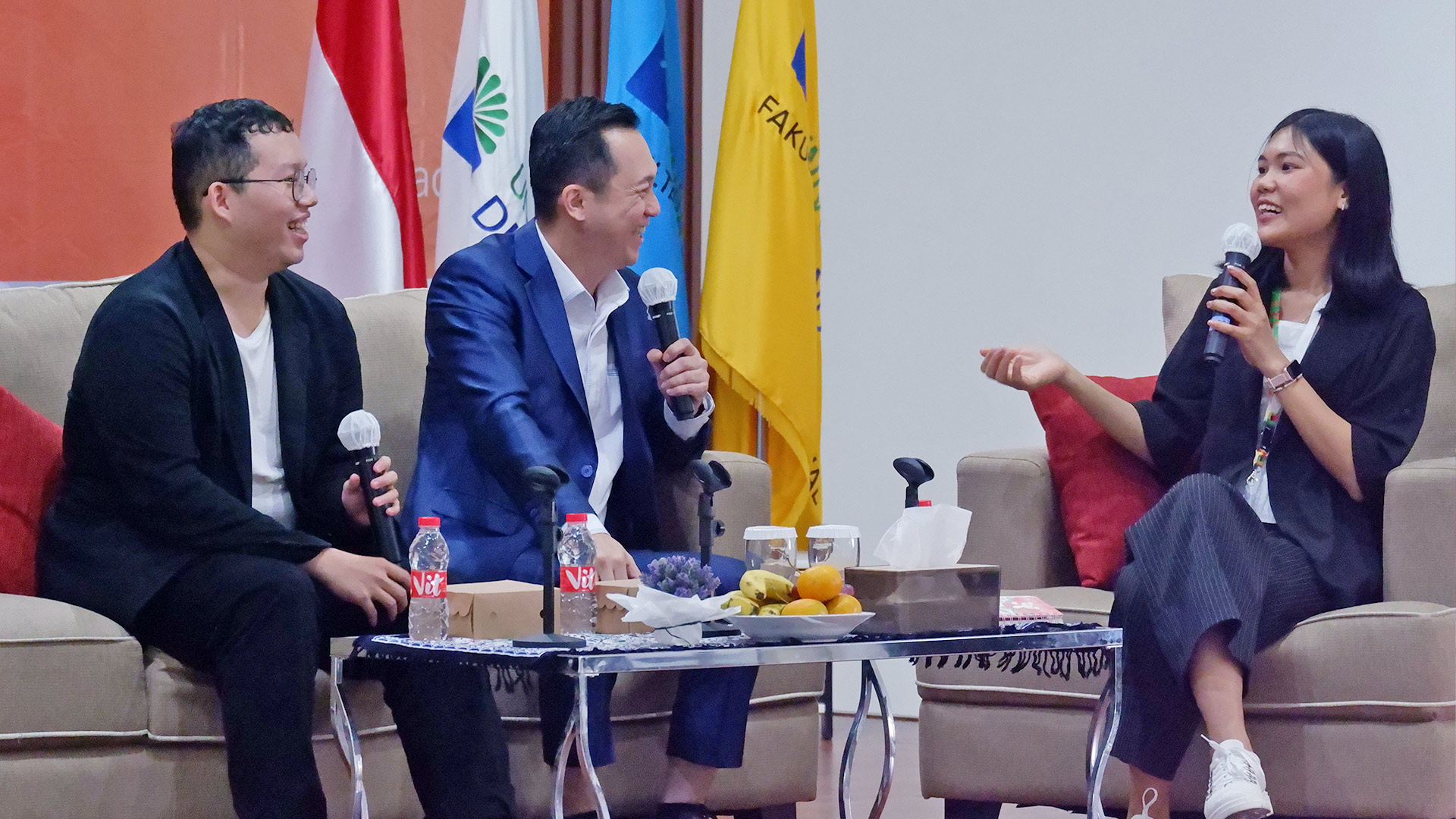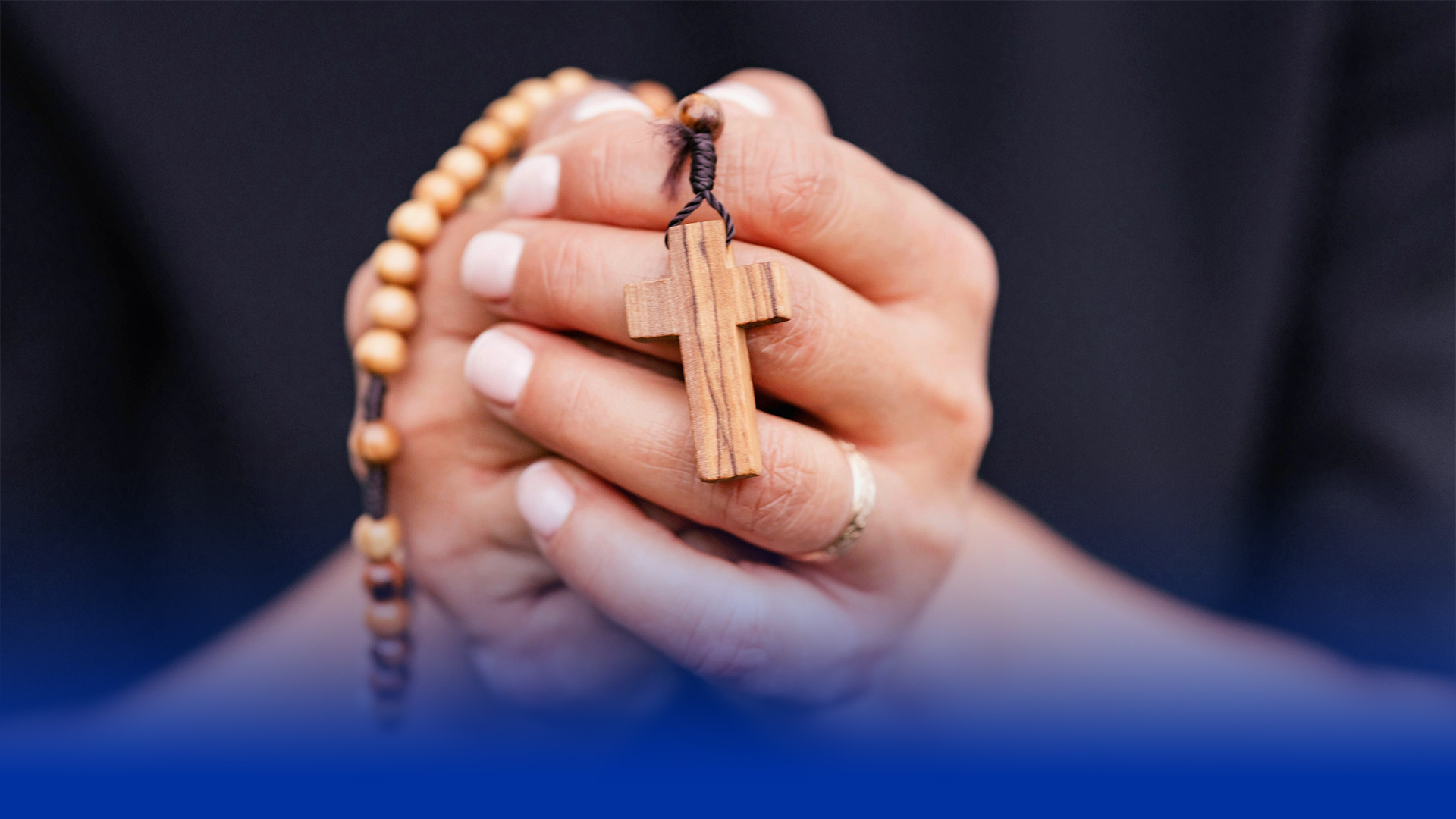Exploring the Meaning of Eid al-Adha: Sacrifice, Loyalty, and Obedience

Eid al-Adha, also known as the Feast of Sacrifice, is one of the major holidays in Islam celebrated every 10th of Dhul-Hijjah in the Hijri calendar. The holiday commemorates the sacrifice of Prophet Ibrahim who, at the command of Allah, agreed to sacrifice his son Ismail. However, before the sacrifice took place, Allah replaced Ismail with a sheep.
The word sacrifice comes from Arabic, which means 'near' (Ibn Manzhur: 1992:1:662; Munawir: 1984:1185). Eid al-Adha is essentially about getting closer to Allah, by doing some of His commands. What is meant by the word sacrifice, which is used colloquially, in religious terms is called "udhiyah", the plural form of the word "dhahiyyah" which comes from the word "dhaha" (dhuha time), which is slaughtered at dawn on the 10th to the 13th of the month of Dhulhijjah. From here comes the term Eid al-Adha.
This event symbolizes obedience and sacrifice in Islam. During Eid al-Adha, Muslims perform the Eid al-Adha prayer in the morning and then slaughter sacrificial animals such as cows, goats, or sheep. The meat of the sacrificial animals is distributed to family, neighbors, and especially to those in need, as a form of charity and social solidarity. Eid al-Adha also marks the end of the Hajj, the annual pilgrimage to Mecca that is one of the pillars of Islam.
Although Eid al-Adha is held every year, there is an emotional significance of this day for Muslims and it can be a lesson on the concept of life for non-Muslims. Eid al-Adha tells a story about sacrifice, loyalty, courage and obedience. Eid al-Adha is told as the day when Prophet Ismail will be sacrificed by his father, Prophet Ibrahim because it is an order from Allah SWT.
The history of Eid al-Adha begins with Allah's command to Prophet Ibrahim to test his loyalty and obedience. From the order received through a dream, Allah ordered Ibrahim to sacrifice his son Ismail. This order basically aims to test how obedient Ibrahim is in carrying out the orders of Allah SWT, even though he has to do things that are beyond Ibrahim's thinking as a father. Ibrahim was willing and full of confidence to carry out the order, and Ismail who understood his father's position was willing and brave in carrying out his duties as slaughter material.
As the father and son willingly accepted their fate, Allah suddenly replaced Ishmael with a lamb in honour of their obedience and courage to carry out the commandment of sacrifice sincerely. To this day, the process of slaughtering goats, sheep, or cows is still carried out as a form of Qurban, often as a reminder of what the essence of Qurban is historically, namely as a form of gratitude, sincerity in carrying out duties, and sincerity in sacrificing for a noble cause.
In life, all individuals know that all things that will be passed with noble goals should require sacrifice even on the smallest things such as protecting the souls of the closest people we care about, as when Prophet Ibrahim was reluctant to slaughter his son Prophet Ismail even though it was the command of Allah SWT. Eid al-Adha teaches the values of sacrifice, sincerity, patience, obedience, and the value of sharing. There is an order to slaughter sacrificial animals for people who are financially or physically able.
Qurban, according to Islamic ethics is Sunnah Muakkad, or sunnah that is strengthened. Imam Malik and Imam Shafi'i affirmed that the sacrifice is a Sunnah Muakkad. In another opinion from Imam Abu Hanifah, sacrifice for people who can afford it and are not in a state of safar (travelling), the law is obligatory. (Ibn Rushd al-Hafid: tth: 1/314).
In some Hasan Hadiths, it is stated that: "There is no deed that the son of Adam does on the day of Eid al-Adha that is more beloved to Allah than slaughtering an animal. This is because the animal will come on the Day of Judgement with its horns, feathers and hooves. The blood of the animal will reach Allah before it drips onto the ground. So make up your mind to do it." (Hasan Hadith, narrated by al-Tirmidhi: 1413 and Ibn Majah: 3117).
By sacrificing, a person will feel that the wealth that he has at some point will certainly leave. Of course, this is a reflection that what we achieve, be it in terms of finance, fortune or good fortune in life, should be shared in order to achieve happiness even if it is as small as possible. This also trains the basic concept of karma where a kindness done will return positively in the future, even though it is not from the person being helped, but the belief that whatever good we do will undoubtedly be recorded and reciprocity will come in time according to the will of Allah SWT.
(Danang Respati Wicaksono / Humas UNDIRA)
Press Contact :
Biro Humas & Sekretariat Universitas Dian Nusantara
Facebook : www.facebook.com/undiraofficial
Instagram : www.instagram.com/undiraofficial
Twitter : www.twitter.com/undiraofficial
www.undira.ac.id
Other

In an Effort to Provide Education on Mindfulness and Leadership Spirit, UNDIRA Holds a Seminar on Mental Health
Read more
The Meaning of the Holy Triduum for Christians: A Reflection for the Younger Generation Amidst the Dynamics of the Times
Read more
Festive Spirits of Ramadan 1446 H: UNDIRA Organizes Sharing Event and Community Care Once More
Read more
Campus Tanjung Duren
Jln. Tanjung Duren Barat II No. 1
Grogol, Jakarta Barat. 11470
Campus Green Ville
JIn. Mangga XIV No. 3
Campus Cibubur
Jln. Rawa Dolar 65
Jatiranggon Kec. Jatisampurna, Bekasi. 17432







